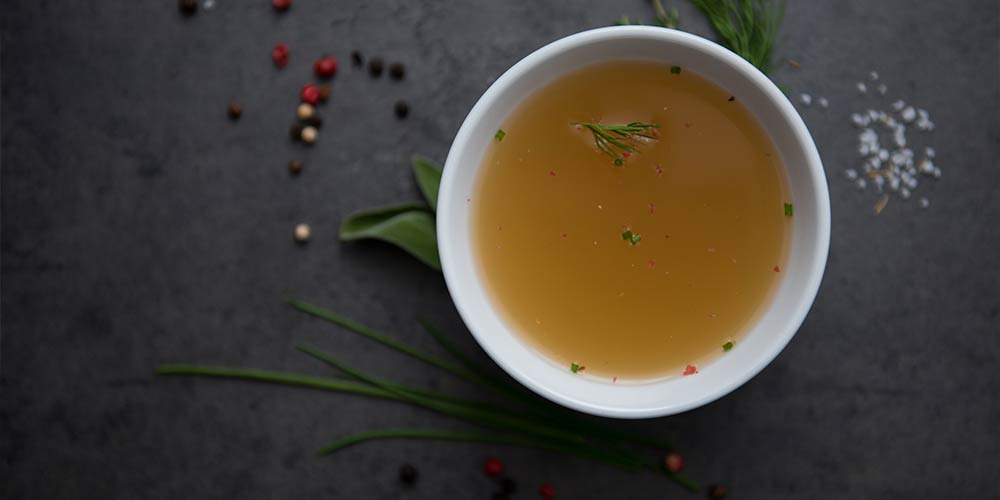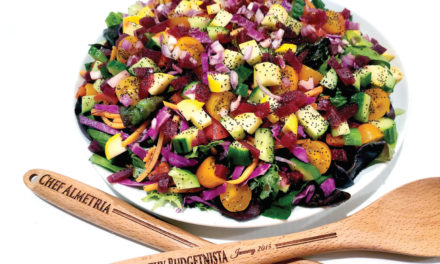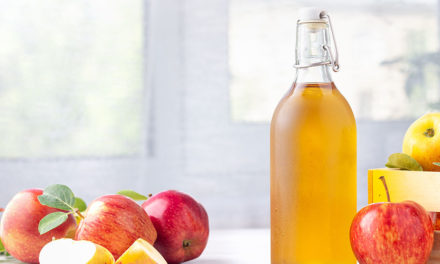By: Audrey Stimpson. We’ve all heard the expression “gut feeling” or “trust your gut”, but very few of us know what the gut-brain connection is and why our gut health matters.
Our gut, also known as our second brain, is an extensive network of neurons called the enteric nervous system that encompasses everything from our mouth to our anus. It is home to our good and bad bacteria, collectively known as the microbiome.
Fun fact: Most of our genes are microbial, outnumbering our human genome by 100.
Our microbiome aids our immune system, breaks down food into energy, produces vitamins and neurotransmitters, and is linked to changes in mood and learning.
After all, 90-95 percent of serotonin is made in the gut, and interestingly enough, 70 percent of the immune system.
The gut communicates directly with the brain through a network of hormones, metabolic pathways, the immune system, and the vagus nerve, the main component of the parasympathetic nervous system responsible for key bodily functions.
Like each of us, our gut microbiome is similar but also bio-individual, depending on our genetics, environment, lifestyle, and age.
Our gut flora matters, and we are what we feed our microbiome. The more diverse it is, the better.
For example, sleep, stress control, exercise, hydration, organic whole foods, fiber, fermented foods, and spore probiotics feed the good bacteria. Sugar, processed foods, simple carbohydrates, artificial sweeteners, dyes, antibiotics, PPIs, inflammatory oils, and pesticide-laden foods feed the bad bacteria and deplete the good bacteria.
So what does one do to heal the gut and, in turn, heal the brain?
As a functional nutrition counselor, I focus on eliminating the inflammatory, adding nutrients where there are deficiencies, and dismantling gut dysfunction.
BONE BROTH RECIPE
Ingredients:
- The leftover bones of one roasted chicken
- Himalayan pink salt to taste
- 2 bay leaves
- 1 teaspoon of Oregano and Basil
- 2 tablespoons of apple cider vinegar
Directions:
Place a large soup pot on the stove.
Add everything to the pot, then fill it 3/4 of the way with water.
Cover and bring to a boil.
Bring it down to a rolling simmer and let it simmer for as long as you can (four to 12 hours).
When you are ready to pull it off the heat, pour it through a strainer, discard the solids, and use the flavorful broth for your soup.
Freeze any extra and save it for later use.
In addition to eating organic whole foods, balancing fat, fiber, and protein at every meal, and limiting processed foods, sugars, simple carbohydrates, pesticides, and artificial sweeteners, here are some key gut health tips that will help you to breed the good bacteria and optimize your brain function:
Increase Stomach Acid
Due to depleted nutrients in our soil, most people in the United States have too little stomach acid as opposed to what we think is too much stomach acid. Stomach acid is needed to digest food and keep bad bacteria at bay. Without it, we have symptoms of GERD, acid reflux, heartburn, gas and bloating, nutritional deficiencies, brain fog, and more.
So what do we do? I recommend my clients drink 8 ounces of warm lemon water every morning, 15-20 minutes before eating anything else. I also ensure they hydrate and drink half their body weight in ounces of water daily. This increases stomach acid allowing for the absorption of b12 and iron and the ability to digest food. Hello, energy! Goodbye, brain fog!
Stress Management
Stress exacerbates gut problems and worsens our metabolism by keeping us in a sympathetic state, not allowing for rest and digestion. This can lead to a stomachache, indigestion, heartburn, nausea, and bowel urgency or diarrhea.
So what do we do? Instead of high-intensity training, which increases body stress, I recommend gentle movement like yoga, pilates, or weight training, and add a morning meditation after your lemon water. Another option would be vagal nerve stimulation therapies like contrast cold/hot therapy at New Day Healing and Wellness, activating a parasympathetic state of rest and digestion.
Sleep by 10:00 p.m.
Sleep is also an underrated key in gut health! If you’re not sleeping 8-10 hours and getting to bed by 10:00 p.m., you’re not detoxing waste, toxins, excess hormones, or balancing blood sugar. This is the time hormones and organs reset and detox! So, I recommend some blue light-blocking glasses, a pineal gland activation playlist on Spotify, or an early morning walk to sync circadian rhythm, stimulating melatonin, healing, and detoxing the gut.
Eliminate Inflammatory Seed Oils
Fats are the building blocks of our cell membranes and hormone production, and hormone balance is key to gut health. Fats are also critical to mental health. Some fats are anti-inflammatory, like Omega-3 fatty acids, and others are inflammatory, like Omega-6 fatty acids. The right fats can help grow and balance good gut flora, while the inflammatory lead to a host of negative downstream effects.
It is important to add Omega-3s like fatty fish, greens, and avocado and remove the following inflammatory Omega-6 seed oils: soybean, corn, cottonseed, canola, rapeseed, sunflower, sesame, and grapeseed.
Pre- and Pro-biotics
We require prebiotic fiber-based foods to feed the good bacteria in our gut. We also need to increase the good bacteria with the addition of living microorganisms in fermented foods and spore probiotics.
I recommend my clients batch cook prebiotic fiber-based foods so they can easily add them to protein throughout the week. I also love using coconut oil for extra gut-healing magic. Some of my favorites include broccoli, cauliflower, yellow squash, zucchini, asparagus, carrots, sweet potatoes, and baby bella mushrooms.
Some fermented foods are sauerkraut and Cocojune coconut yogurt, in addition to a spore probiotic.
Add in Organic Grass-Fed Animal Protein and Bone Broth
Why grass-fed animal protein instead of plant protein? Grass-fed animal protein is more easily broken down, containing all the essential amino acids the body needs. Some plant proteins like legumes, soy, and wheat can exacerbate gut issues due to their high lectin content.
I recommend using the bones left over from a roast chicken to create a gut-healing bone broth rich in nutrients, including gelatin, glycine, magnesium, and glutamine. Tip: add apple cider vinegar to draw out the calcium from the bones!
Audrey Stimpson is a Certified Functional Nutrition Counselor specializing in ADHD, autism, autoimmune, hormonal imbalances, and gut-brain health. To schedule your free consultation visit audreystimpson.com or follow her on Instagram @audreystimpson.







